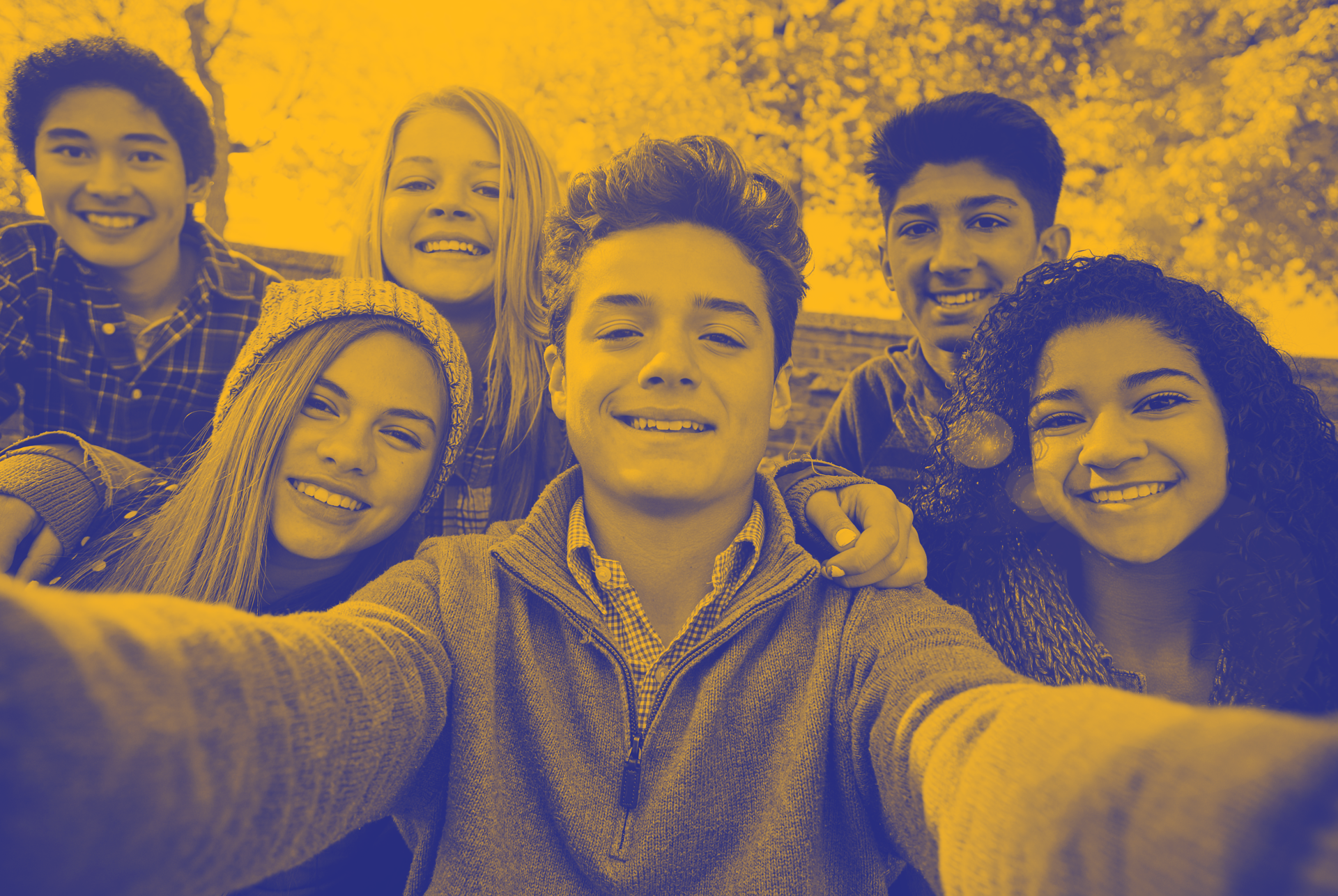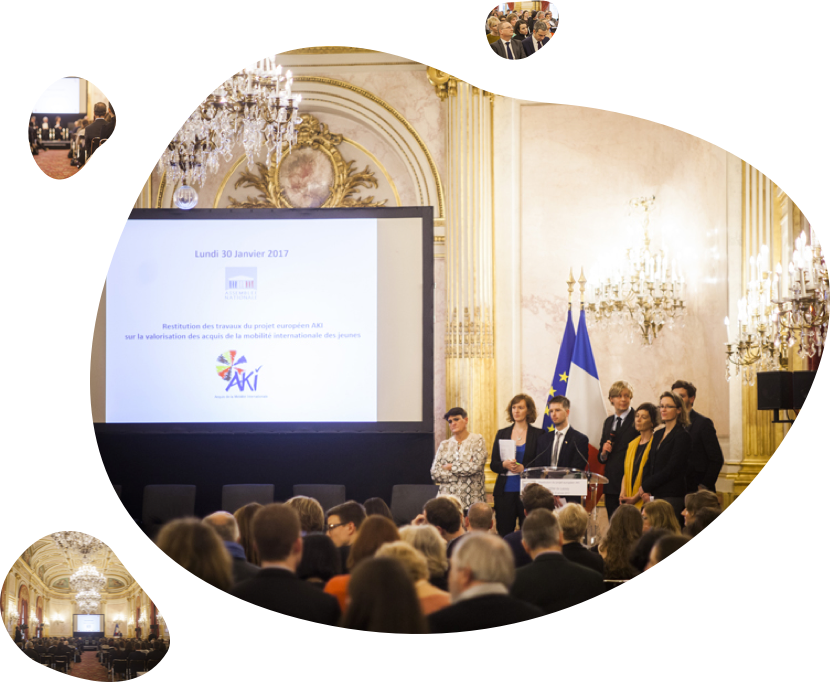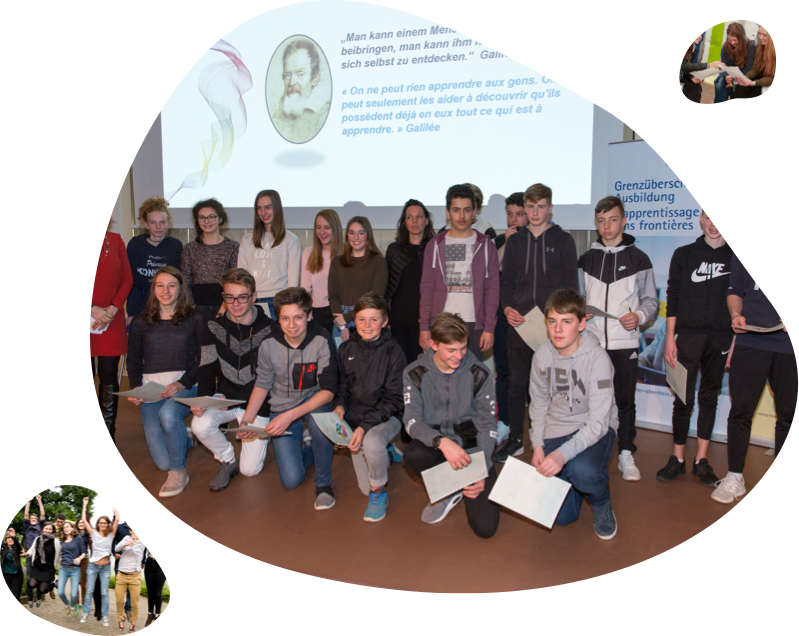
An international tool
Origin of the project
The AKI tools are meant to help you highlight transversal competences (soft skills) acquired in international youth mobility projects.
They were developed between March 2015 and March 2017 by FGYO, BIJ, LOJIQ and OFQJ as well as the Walloon Business Union (UWE) with cofinancing from the Erasmus+ Youth Programme of the European Union, protected under Creative Commons Attribution-NonCommercial-ShareAlike 4.0 International license.

The AKI-App tool emerged as a follow-up to this European partnership between OFQJ-DFJW, BIJ, INSUP, LOJIQ and OFQJ in the form of a digital and free access version of the AKI evaluation kit.


Recognising competences
Participants having gone abroad step out of their comfort zone as they change their habits and make discoveries. They thus tend to develop certain competences.
The technical and linguistic skills can be formalised thanks to existing trade-specific frames of reference or the Common European Framework of Reference for Languages (CEFR). The task gets harder when it comes to recognising the acquisition of soft skills such as the ability to adapt or enter a group.
The initial AKI partnership started from this observation to eventually devise a guidebook describing 5 competences typically acquired in an international mobility experience:
- open-mindedness,
- adaptation to change,
- interpersonal relations,
- sense of responsability,
- self-confidence.
These 5 competences were specifically chosen with the help of participants gone abroad, youth professionals and representatives of the business world in Europe and Quebec (Belgium, France, Germany, Quebec)
The 5 AKI competences
The questionnaire and the AKI competences recap sheet
The guide is completed by an assessment kit. It provides tools to help the participant to reflect upon their international mobility experience (questionnaire for the participant, follow-up sheet for the tutor, AKI competences recap sheet).
AKI-App was devised on the initiative of FGYO to facilitate access to the evaluation kit by the automatic generating of the questionnaire and AKI competences recap sheet.
Any organisation can now help its participants to highlight the acquired competences.
Also, any participant can, of their own initiative, benefit from the tool.